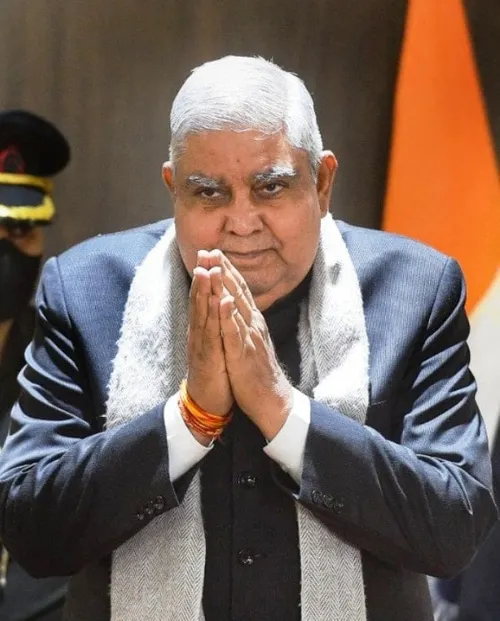IAEA head Grossi describes the new government as ‘committed to opening up to the world, to international cooperation’.
Syria’s new government has agreed to give inspectors from the International Atomic Energy Agency (IAEA) access to suspected former nuclear sites immediately, according to the agency’s chief, as Damascus makes further inroads to rejoining the international fold.
Rafael Grossi, the United Nations’ nuclear watchdog’s director-general, was speaking Wednesday to The Associated Press news agency in Damascus, where he met with President Ahmed al-Sharaa and other officials.
The visit was a key part of the IAEA’s efforts to restore access to sites associated with Syria’s nuclear programme since the ouster of President Bashar al-Assad in December.
The agency’s aim is “to bring total clarity over certain activities that took place in the past that were, in the judgement of the agency, probably related to nuclear weapons”, Grossi said. He described the new government as “committed to opening up to the world, to international cooperation” and said he is hopeful of finishing the inspection process within months.
Grossi’s visit also marks another step towards international acceptance of Syria’s new government after the United States and European Union lifted sanctions on the country last month. Israel has taken an opposite approach to its Western allies, launching more than 200 air, drone or artillery attacks across Syria over the past six months, despite the two countries holding indirect talks in early May.
An IAEA team visited some sites of interest last year. Syria under al-Assad is believed to have operated an extensive clandestine nuclear programme, which included an undeclared nuclear reactor built by North Korea in eastern Deir ez-Zor province.
The IAEA described the reactor as being “not configured to produce electricity” — raising the concern that Damascus sought a nuclear weapon there by producing weapons-grade plutonium.
The reactor site only became public knowledge after Israel, the region’s only nuclear power, launched air strikes in 2007, destroying the facility. Syria later levelled the site and never responded fully to the IAEA’s questions.
Grossi said inspectors plan to return to the reactor in Deir az Zor and three other related sites. Other sites under IAEA safeguards include a miniature neutron source reactor in Damascus and a facility in Homs that can process yellow-cake uranium.
While there are no indications that there have been releases of radiation from the sites, Grossi said, the watchdog is concerned that “enriched uranium can be lying somewhere and could be reused, could be smuggled, could be trafficked”.
He said al-Sharaa had shown a “very positive disposition to talk to us and to allow us to carry out the activities we need to”.
Grossi revealed that the IAEA is also prepared to transfer equipment for nuclear medicine and help rebuild the radiotherapy, nuclear medicine and oncology infrastructure in a health system severely weakened by nearly 14 years of civil war.
“And the president has expressed to me he’s interested in exploring, in the future, nuclear energy as well,” Grossi added.
A number of other countries in the region, including Saudi Arabia, the United Arab Emirates, Egypt and Jordan, are pursuing nuclear energy in some form.
Anurag Dhole is a seasoned journalist and content writer with a passion for delivering timely, accurate, and engaging stories. With over 8 years of experience in digital media, she covers a wide range of topics—from breaking news and politics to business insights and cultural trends. Jane's writing style blends clarity with depth, aiming to inform and inspire readers in a fast-paced media landscape. When she’s not chasing stories, she’s likely reading investigative features or exploring local cafés for her next writing spot.






